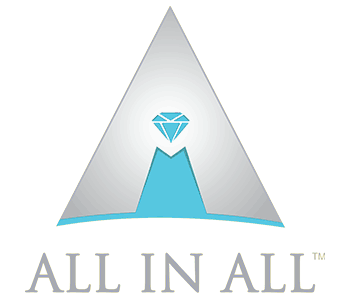Life Insurance is of three types – Term or Temporary Life Insurance, Whole Life or Permanent Life Insurance & Universal Life Insurance. There is no one type of life insurance that fits all, each one has its benefits and drawbacks.
Let’s talk about Universal Life Insurance here.

Universal Life Insurance is a type of permanent life insurance
Universal Life Insurance is a type of permanent life insurance that offers more flexibility than whole life insurance. Universal life insurance policies provide a combination of guaranteed lifelong coverage, an investment option, a cash value that earns an interest along with flexible payment options. Universal life insurance offers a way to maintain your insurance coverage and also build wealth for your beneficiaries, which is exempt from tax.
Universal life insurance is unique in that it allows you to choose the insurance premiums and investment options based on your investment goals and risk tolerance. Read about AiA Life Insurance

However, if premiums are skipped the premium amount is transferred from the investment account to cover the cost of life insurance and the policy will remain in force. If the investment account’s value can no longer cover the premiums, the policy will lapse.
The second method is by seeking a loan against the policy’s investment accounts cash value as collateral from the insurer. Policy loans may also be subject to taxation.
The third method is to obtain a line of credit from another financial institution by using the policy as collateral. There is no taxation of the policy as you are not withdrawing from it. However, if the policyholder passes away while the loan is still outstanding, first, the lender is repaid from the policy proceeds and the balance is then given to the beneficiaries.
Pros : Provides guaranteed lifelong coverage, while giving you options to invest and build wealth for your beneficiaries within the insurance policy.
Missing a payment could mean you do not have to forfeit the policy as some amount if available in the cash value account and be temporarily transferred to cover the premium.
Cons: Premiums are more expensive than term life insurance.
The investment income if borrowed from the policy is taxed.









